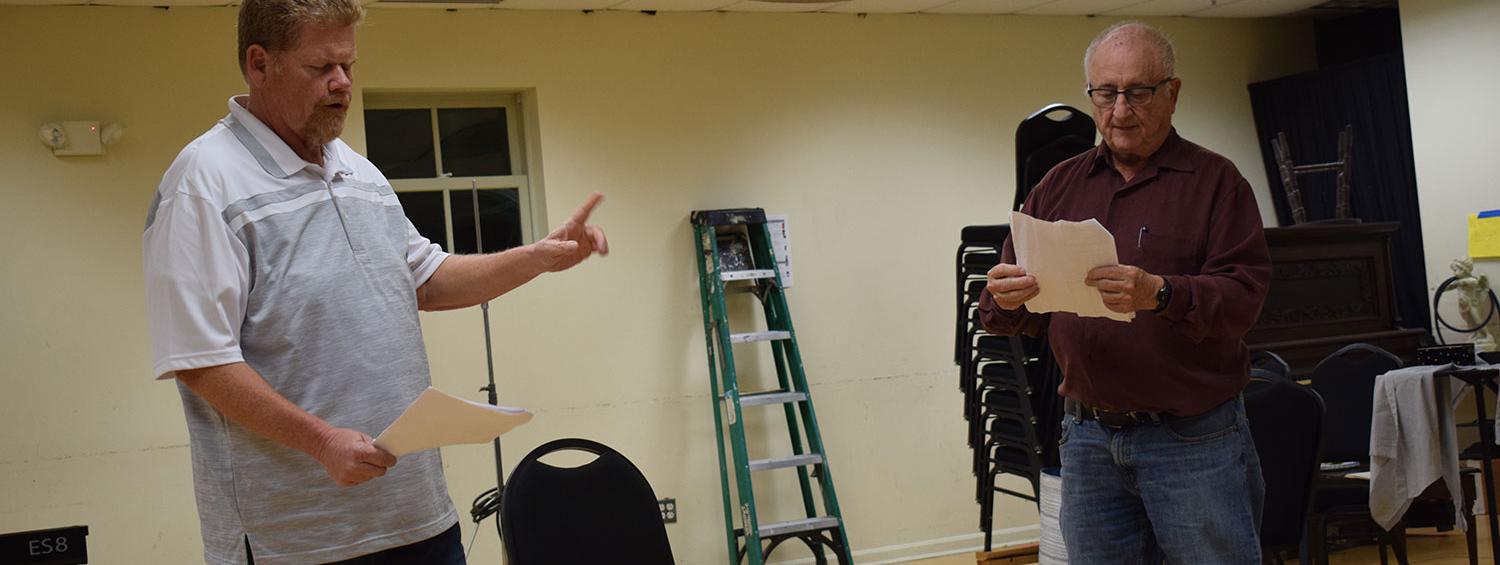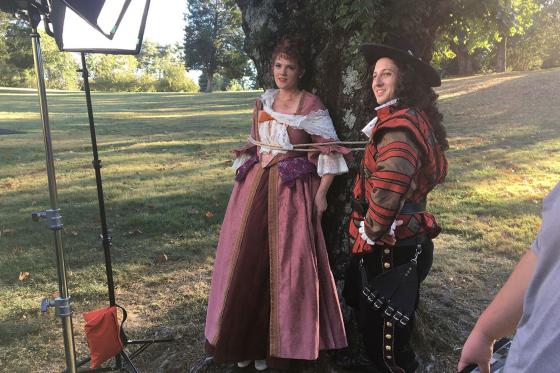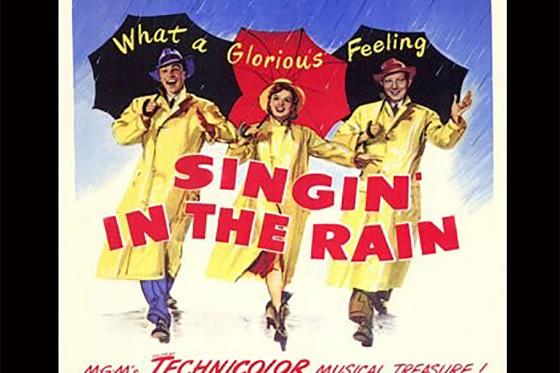A theatre-maker’s job often requires being comfortable in front of other people, or being able to present confidence even if you don’t have it. Working in the theatre, a person develops a knack for public-speaking along with other skills such as collaboration and adaptability. Theatre education is invaluable, as it is beneficial for all fields of work, no matter if a person is a lawyer or a doctor. Therefore, classes designed for adults are just as important as programs for children and teenagers. I recently sat down with Jason King Jones, Senior Associate Artistic Director and Director of National Players, and Hannah Ensign, our education apprentice, to discuss the curriculum and impact of our Adult Education Classes.
How and when were the Adult Education Classes designed and implemented?
Jason King Jones: The Adult Education Classes started happening this year. We had been talking about wanting to provide opportunities for learners of all ages for a long time, but we we were having difficulty figuring out how to utilize our spaces that are highly programmed with rehearsals and performances. We produce so much throughout our season and our spaces are relatively limited. Just trying to carve out a handful of weeks in one of our rehearsal or performance spaces proved to be a challenge. In discussion with Jason Loewith last year, we decided to challenge ourselves and see if we could carve out some spaces on Saturdays or Monday nights, and then decide what kind of classes we would provide. The 2019-20 season is a great season to pilot a different types of classes and see where the interest lies. We have an Acting 101 class for adults, as well as a class called “Know the Show” that tracks the creative process of Singin’ in the Rain. We have a couple of masterclasses about how to communicate and handle yourself like an actor in a business setting. We also offer a class that focuses on reading great plays.
What was your preparation for the Acting 101 class? How did you make the curriculum?
Hannah: My role in the adult education classes has been to provide assistance to JKJ (Jason King Jones) coaching monologues, scenes, and working with the students. To prepare for the classes, I wrote lesson plans for the six classes, which was a layout of what we would do every day, what our goals were, and on what aspects of acting we would focus.
JKJ: I’ve taught a couple of basic acting classes before. So I took the basic framework of what I have known to be successful in the past. It is important to start off with a base of improvisation and fundamental skills. We then move into working on monologues where each student is responsible for understanding their character through a specific piece of text. Through this, they are introduced to the fundamentals of the western acting techniques. Next. we move into scenes so that students can learn how to work off of another person and be responsible for sharing cues, lines, and staging. Those are the simple things that we wanted to make sure to cover in the Acting 101 class. Acting is as much a craft as it is an art, and repetition of that craft is good for anybody, so these are fundamental skills that even actors who have gotten degrees in theatre can come back to and benefit from. Taking a class from different acting teachers can help yield deeper results as students can learn from different perspectives and techniques.
What is the experience level of students in the adult education classes?
JKJ: It varies. There are some people who have never stood on stage before and who have attended theatre but never performed. There are others who have had educational experience such as previous involvement in high school productions or community theatre. So it runs a little bit of the gamut, but they are all diving into it.
Hannah: Everyone has come in with an open mind and a strong desire to learn, and because of this, everyone has grown immensely. I think every member of the class has had their own really memorable moments so far.
How do you decide on which monologues or scenes to focus on?
Hannah: JKJ and I had meetings to come up with each scene and monologue for the class members. We based the selection on what we felt each member of the class needed to focus on.
JKJ: Some people in the class have specific plays they have seen here that they loved, and so we gave them scenes and monologues from those plays. We are currently working on a scene from Bakersfield Mist. In terms of monologues, we have one person doing a piece from The Invisible Hand, and we have another monologue from Grounded. These are all plays that had an impact on them, so now they are able to experience the plays through a different perspective.






